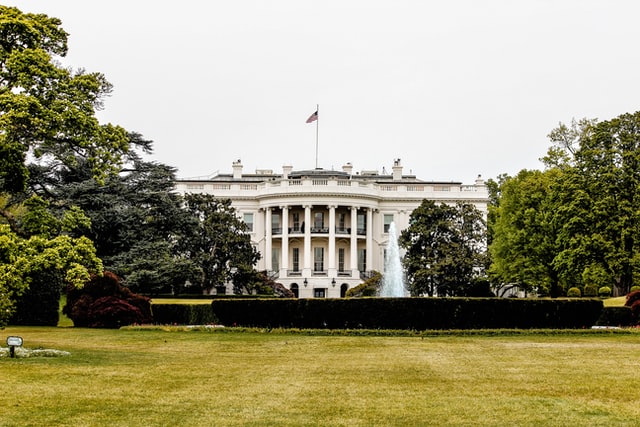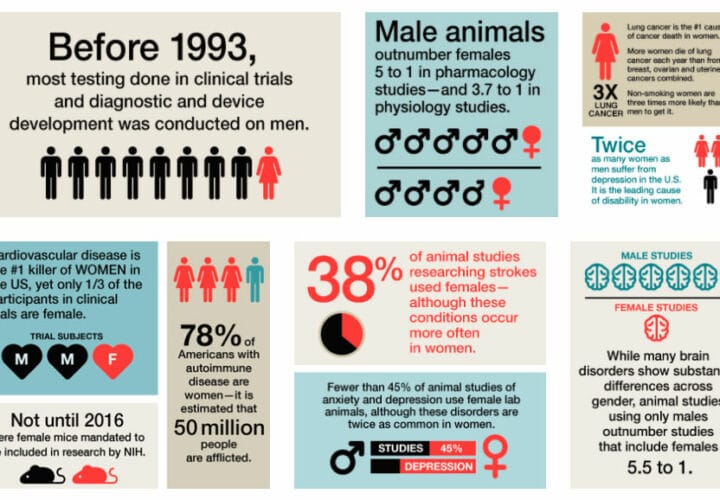The Biden administration has shared their proposed 2022 budget, including the proposal for the creation of a new governmental medical research agency, Advanced Research Projects Authority for Health, focusing on rapidly finding cures for Alzheimer’s and other debilitating diseases. Now, lawmakers struggle to put politics aside and find common moral ground.
By 2025, 7.2 million older adults in the United States are projected to be diagnosed with Alzheimer’s, and that number will nearly double by 2060.
When the coronavirus pandemic arrived, the National Institutes of Health and Food and Drug Administration catapulted into action, coordinating the engineering and manufacturing of vaccines within months with the hope of ending the spread of COVID-19. Alzheimer’s advocates are asking: Why hasn’t the need for new therapies for Alzheimer’s — which has been a pandemic of its own for decades — been met with the same urgency?
The Alzheimer’s community did experience a surge of hope with the election of President Joseph Biden. “You see, I believe in the possibility of this country. We’re always looking ahead,” Biden said during his victory speech on November 7. “Ahead to an America that cures disease — like cancer and Alzheimer’s.”
Earlier this month, we saw the first gesture toward that commitment: the Biden Administration’s preliminary fiscal year budget for 2022 was released, including a proposed increase to the U.S. Department of Health and Human Services’ budget by 23.5 percent. It would now stand at $131.7 billion, according to the Advisory Board, compared to 2021’s $106.6 billion.
Of the 2022 proposed budget, $51 billion would be for the NIH to support and enhance research to reduce illness and disability.
Within that NIH allotment, the proposal suggests that $6.5 billion should be put toward a new medical research agency dedicated to the rapid development of cures for Alzheimer’s, cancer, diabetes and other debilitating diseases.
According to the Advisory Board, this new agency would be known as the Advanced Research Projects Authority for Health (ARPA-H), taking the mirrored shape of two existing agencies with the same end-game: the Department of Defense’s Defense Advanced Research Projects Agency and the Department of Energy’s Advanced Research Projects Agency.
If the agency is created and implemented into the 2022 budget plan, it would be one of NIH’s largest bodies with the highest budget, even surpassing the NIH’s National Cancer Institute, which is currently their largest agency, according to STAT News.
Alzheimer’s advocacy organizations are watching closely: Women’s Alzheimer’s Movement Founder Maria Shriver and UsAgainstAlzheimer’s Co-founder George Vradenburg called for Biden to uphold his promise in a TIME Magazine op-ed published Feb. 24, which described the necessary first step as “Operation Warp Speed” for Alzheimer’s and other dementias.
Shriver and Vradenburg compared this rigorous initiative to the unparalleled spending used to develop, produce and distribute COVID-19 vaccines. The collaboration between pharmaceutical companies is key, they said, especially on a public-private partnership level as seen during the pandemic.
“Leveraging this model to combat Alzheimer’s will be critical — especially as the disease is unlikely to be solved with a simple vaccine,” they wrote. They compared it to the fight against HIV/AIDS and different forms of cancer, and how scientific innovations allowed for more beneficial and long-term treatments. “Incremental innovations must build on each other to deliver better treatments — as we strive toward a cure — step-by-step.”
One possible roadblock to progress is that Republican lawmakers are unhappy with the budget proposal, with Senate Majority Leader Mitch MConnell describing the prioritized spending neglectful of the military and appeasing a “liberal wish list.”
As Shriver and Vrandenburg state that independent research is pivotal in Alzheimer’s research, bipartisan support for government funding is crucial. “We know that presidential action, when coupled with bipartisan support, can lead to historic and seismic change,” they wrote.
“I’ve already spoken to some of my Republican colleagues about dealing with the infrastructure legislation we have up there, as well as other budget items,” Biden said at the White House on April 9. “So we’re going to work on seeing if we can get some bipartisan support across the board here.”



